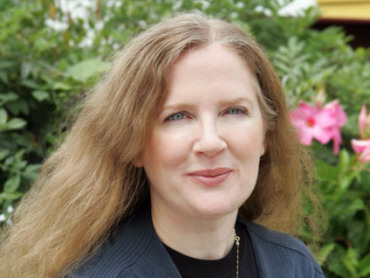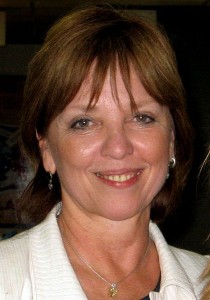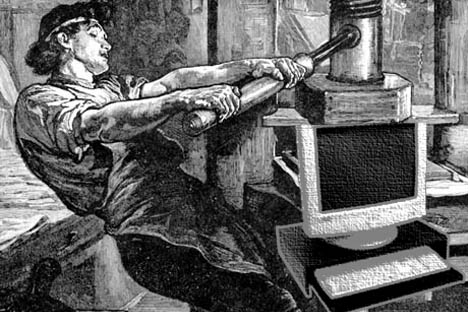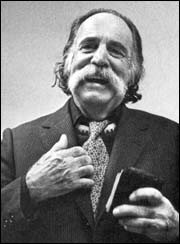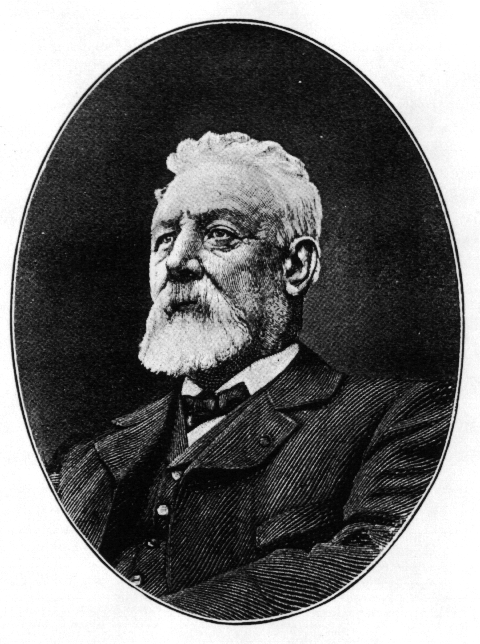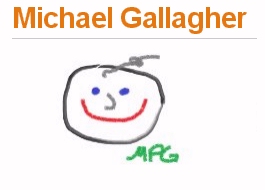
He’s written one of the 100 best-selling ebooks for all of 2011 — and he also writes Amazon’s #1 best-selling blog! (In fact, it’s been one of Amazon’s 100 best-selling blogs for over two years…) Michael Gallagher writes the blog “Free Kindle Books Plus a Few Other Tips,” but he’s also adapted it into one of the year’s top 100 ebooks! And as a Christmas gift, he’s agreed to share his story here in a special Christmas interview.
“Actually, I’ll be the first to tell you I didn’t know this version of the book was sitting at #72 for 2011 until I saw your email!” he told me earlier this week. “I am surprised, and my first smart*&% comment was ‘that’s worse than last year!'” Gallagher is regularly updating his 21-page ebook, so this really makes the second year that it’s appeared on Amazon’s list of the year’s best-selling ebooks. “Last year for the full year was #53, and was significantly helped by a few million people opening up Kindles under the tree on Christmas Day! ” he explained. “The week of Christmas in 2010, the sales for that week accounted for 50% of the total year’s sales. Not that I sold a million copies, but it was significant to me.”
His author’s page on Amazon describes him as “an obese, gray-haired, and desk-bound guy in Texas who spends way too much time with his Kindle.” But like the Ghost of Christmas Future, Michael Gallagher now has a prediction for all self-published authors. “If the last two years’ worth of history holds true, not only me but every other author should have a surge in sales from about the 24th of December to the end of the first week of January.” The holiday apparently brings a special gift to anyone who’s self-publishing on Amazon — new sales from enthusiastic new Kindle owners! And Michael agreed to answer a few questions from his unique perspective as one of Amazon’s 100 best-selling authors of the year.
Q: There’s one question I’ve been dying to ask you: how many ebooks did you sell?
A: I won’t share the exact number of copies sold of that title because there are a lot of copycats who picked up on the ranking of last year and have their competing products out there – and it’s certainly not rocket science on what I did – and I certainly don’t need other competitors but I will tell you this: the number of sales so far through the end of November of that one title equals all of 2010.
Q: eBook sales really seem to be increasing. It seemed really significant to me that this year the #1 and #2 best-selling ebooks of the year weren’t even available in print editions. Since you’re one of the year’s 100 best-selling ebook authors, I wanted to ask: do you have any official pronouncement on what lesson we should learn from this year’s best-sellers list?
Q: As far as an “official pronouncement”… the Kindle publishing platform for independent authors truly levels the playing field. Good books will rise to the top as word-of-mouth, the Amazon customer review/rating system, Kindle Discussion forum and blog posts, and good old-fashioned guerrilla marketing on Facebook, Twitter, etc. can equal and in some cases more than offset what the Big Six publishers can do. Of course, the Big Six are still there and will continue to be there, but small guys who have a good story to tell – yet may get shunned from the large publishers because they already have a stable of successful authors – can make it.
Q: You don’t just have the #1 best-selling blog for the Kindle. You’ve got five of the top 100 best-sellers, including Trivia of the Day, Bible Verse of the Day, and Kindle Books for a Buck (or Less). What’s it been like, publishing multiple best-selling blogs on Amazon?
A: Overall, the blog experience has been fun — I’ve “met” a lot of interesting people and characters, picked up more free books than most people can read in a lifetime, and learned more than enough about the Kindle than you can imagine. However, there is a certain level of disappointment as there is a real lack of support for blog publishers from Amazon. Granted, most of the blogs aren’t generating money for themselves or Amazon, but I think a lot of that has to do with no promotion from the Amazon side. I have seen membership for most of my blogs decrease for the last two months, when they had done nothing but increase each month for the previous 18 months. With the launch of the Kindle Fire and blogs not having a subscribe option, although you can certainly subscribe via the Pulse app on the Fire, I wouldn’t be surprised if this time next year Amazon drops the blog component – that would be a loss of some serious money for people in the Top 20 or so blogs.
Q: Well, whatever happens, when they write the history of the Kindle, they’re going to have to mention Michael Gallagher, the Kindle’s #1 best-selling blogger. Thanks for paying me a visit – and happy holidays!
